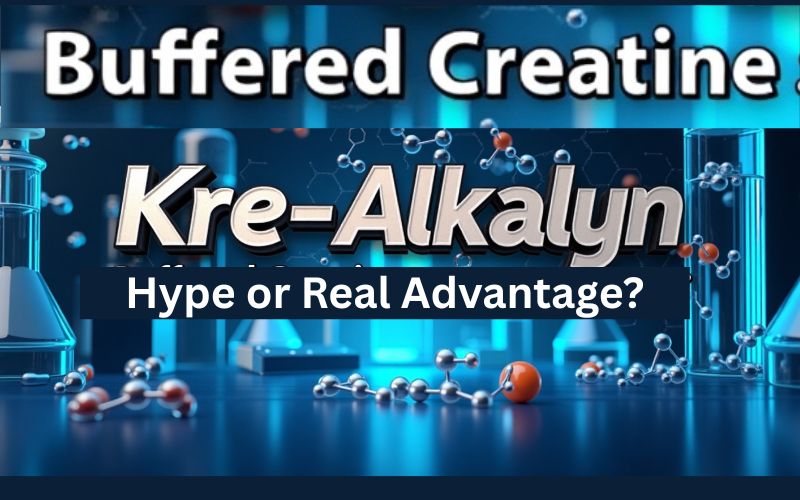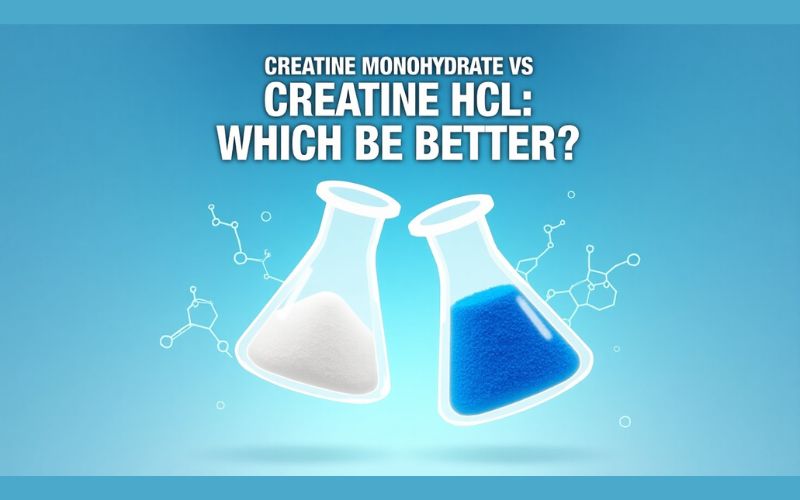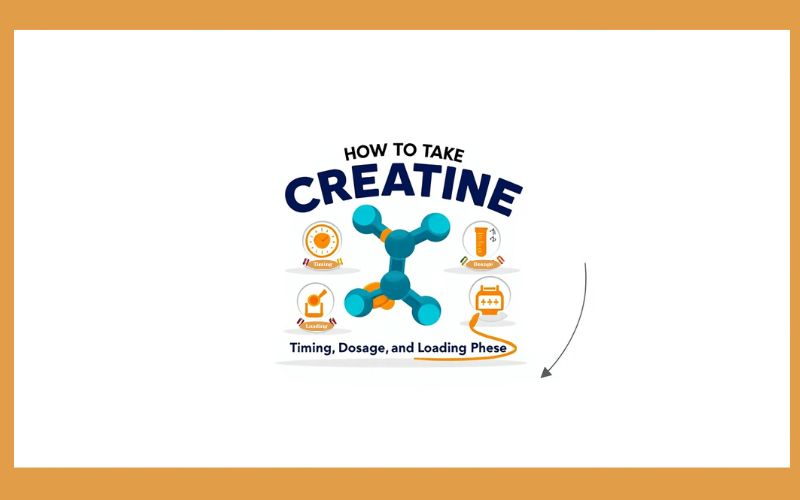Creatine is one of the most popular and well-researched supplements in the fitness world, known for its performance-enhancing benefits. While creatine monohydrate remains the gold standard, newer forms like buffered creatine (Kre-Alkalyn) have sparked curiosity and debate. Marketed as a superior alternative with fewer side effects and greater absorption, Kre-Alkalyn has gained a loyal following. But the question remains, is it just hype, or does it truly offer a real advantage?
Table of Contents
What is Buffered Creatine (Kre-Alkalyn)?
Buffered creatine, sold under the trademark Kre-Alkalyn, is a patented form of creatine monohydrate that’s processed with an alkaline powder (usually sodium carbonate or bicarbonate). The goal is to raise the pH level of the creatine, which manufacturers claim makes it more stable in liquids and more effective when absorbed by the body.
This adjustment is said to reduce the conversion of creatine into creatinine (a waste product), thereby enhancing its efficiency and minimizing potential side effects like bloating or stomach discomfort.
How Does Buffered Creatine Work?
Kre-Alkalyn works on the principle that higher pH levels make the creatine molecule more resistant to degradation in acidic environments, such as the stomach. This means more active creatine reaches your muscles, where it’s needed for ATP production, your body’s primary energy source during short, high-intensity efforts.
The claim is that you need less Kre-Alkalyn to achieve the same (or better) results as regular creatine because it’s more bioavailable.
Buffered Creatine vs Creatine Monohydrate
Let’s compare the two based on key performance and usability metrics:
1. Absorption and Bioavailability
- Kre-Alkalyn: Advocates claim it’s absorbed more efficiently and doesn’t require a loading phase.
- Creatine Monohydrate: Scientifically proven to be effective, though some converts into creatinine during digestion, which may lead to bloating in sensitive users.
Verdict: Kre-Alkalyn may offer better stability, but current research doesn’t overwhelmingly support significant differences in absorption or effectiveness.
2. Dosage and Convenience
- Kre-Alkalyn: Typically used in smaller doses (1.5–3g/day) with no loading required.
- Monohydrate: Often used in higher doses, with a typical loading phase of 20g/day followed by 5g/day maintenance.
Verdict: Kre-Alkalyn is more convenient, especially for beginners who prefer a simpler routine.
3. Side Effects
- Kre-Alkalyn: Marketed as gentler on the stomach with fewer reports of water retention, bloating, or cramping.
- Monohydrate: Well-tolerated by most but may cause minor digestive issues for some users.
Verdict: If you’re sensitive to creatine monohydrate, buffered creatine might be a better option.
4. Cost
- Kre-Alkalyn: Typically more expensive due to the patented process and marketing.
- Monohydrate: Widely available and cost-effective.
Verdict: Monohydrate wins on price without sacrificing performance.
Scientific Research on Kre-Alkalyn
Despite the bold marketing claims, there is limited peer-reviewed research that confirms Kre-Alkalyn is significantly superior to creatine monohydrate.
One often-cited study published in the Journal of the International Society of Sports Nutrition found no significant difference in muscle creatine content, strength, or performance between Kre-Alkalyn and monohydrate over a 28-day period.
That said, individual responses to supplements can vary. Some users report feeling less bloated and more energized with buffered creatine. This could be a placebo effect or a legitimate personal reaction — either way, it’s worth noting.
Who Should Consider Kre-Alkalyn?
Buffered creatine may be worth trying if:
- You’ve experienced bloating or digestive discomfort with creatine monohydrate.
- You want a simpler dosing protocol without a loading phase.
- You’re curious to test how your body responds to different creatine types.
- You’re okay with paying a bit more for a potentially smoother experience.
However, if you’re results-driven and budget-conscious, creatine monohydrate still delivers unbeatable value.
How to Use Kre-Alkalyn
If you decide to try buffered creatine, follow these tips:
- Dosage: 1.5 to 3g per day is usually sufficient.
- Timing: You can take it pre- or post-workout. Some users prefer splitting the dose across the day.
- Hydration: Drink plenty of water to support optimal creatine uptake and reduce the risk of cramps.
Unlike monohydrate, you don’t need a loading phase or to cycle off Kre-Alkalyn.
Safety and EEAT Consideration
Buffered creatine is safe for healthy individuals when used as directed. Always purchase from reputable sources to ensure purity and quality.
Following Google’s EEAT (Experience, Expertise, Authoritativeness, and Trustworthiness) guidelines, it’s important to rely on credible science and real user feedback. While anecdotal evidence suggests buffered creatine may be easier to tolerate, it should not be viewed as universally superior to monohydrate unless supported by long-term studies.
FAQs
Is Kre-Alkalyn better than creatine monohydrate?
Not necessarily. While it may be easier to digest for some, there is no conclusive evidence that it provides superior performance benefits.
Do I need to load Kre-Alkalyn like creatine monohydrate?
No, one of Kre-Alkalyn’s benefits is that you can skip the loading phase and still experience results.
Can Kre-Alkalyn cause side effects?
It’s generally well-tolerated, but overuse may still lead to bloating or cramps in rare cases. Staying hydrated helps reduce side effects.
How long does Kre-Alkalyn take to work?
Many users report noticeable energy and strength improvements within 1–2 weeks of consistent use.
Is Kre-Alkalyn safe for long-term use?
Yes, when used in recommended doses. As with any supplement, consult your doctor if you have any medical conditions.
Conclusion: Hype or Real Advantage?
So, is buffered creatine (Kre-Alkalyn) worth it?
If you’re new to creatine or sensitive to traditional forms, Kre-Alkalyn offers a convenient, easy-to-digest option that may improve your supplement experience. But if you’re after proven performance with a tight budget, creatine monohydrate still reigns supreme.
In the end, both forms can help you build muscle, boost strength, and improve workout performance — the key is finding what works best for your body.
Looking to add high-quality creatine to your fitness stack?
Shop authentic Kre-Alkalyn and creatine monohydrate now at Nutritional World — your trusted source for performance supplements in Pakistan.


























